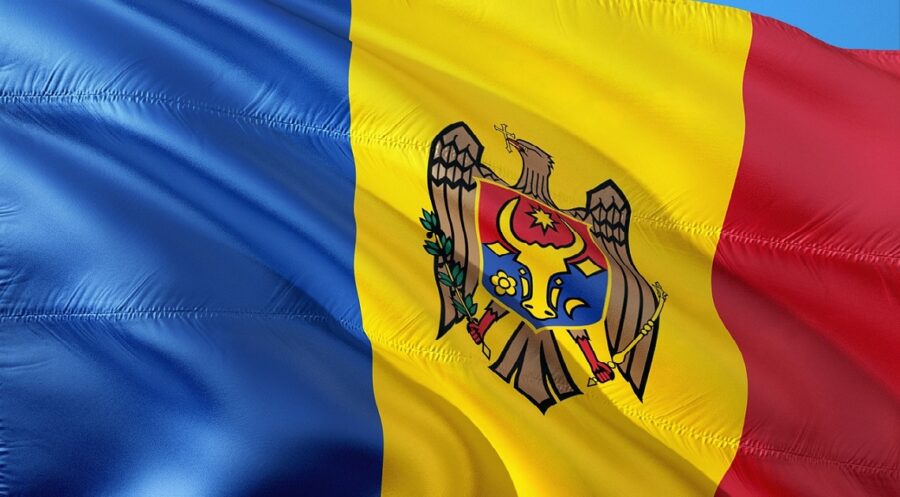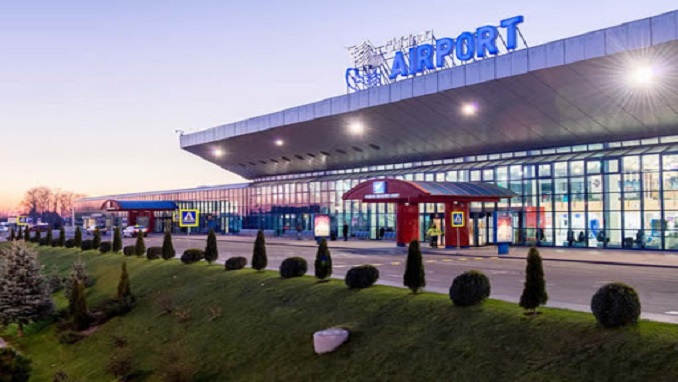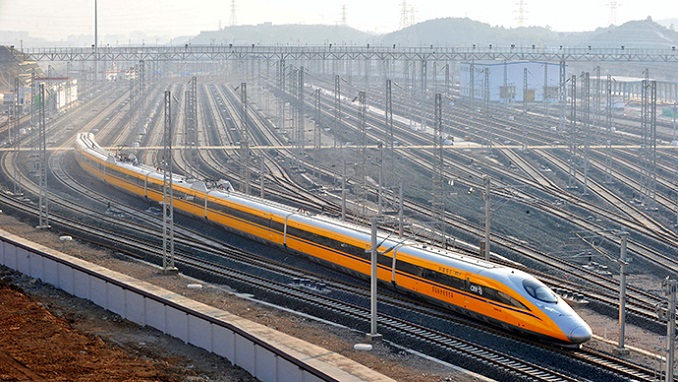WFP continues to offer 2,039 residents of 40 Refugee Accommodation Centers (RAC) in Moldova three hot meals per day, according to a WFP report published on ReliefWeb.
Where RACs have government-approved kitchen facilities, WFP gives commodities vouchers worth 100 Lei (about $5) each person every day so that the RAC managers can buy food to cook on-site. Local caterers or restaurants provide the meals if cooking facilities are not available, boosting the local economy in these isolated villages. Since the start of its activities in Moldova in March 2022, WFP has served 1 million hot meals to Ukrainian refugees there. This milestone was attained in September.
The Moldovan government is updating its rules and requirements for serving hot meals and other nutritional assistance to Moldovans in need. In order to assist the Government, the regional social assistance office, and its partners in updating social canteens to meet the new criteria and exploring the prospect of utilizing these social canteens in the food aid provided in RACs, WFP has offered its technical knowledge.
WFP provides cash-based support to Moldovan homes hosting Ukrainian refugees in the form of cash transfers.
Households hosting one to four refugees receive 3900 Lei per family (USD 201) whereas families hosting five or more refugees earn 4800 Lei per household (USD248). The quantity of monetary transfers is determined by the number of refugees being hosted.
Over 12,000 different households have received more than three rounds of cash-based transfers, which have contributed more than USD $4 million to the local economy. 3,048 households received monetary assistance in September through the third round. Together with its worldwide collaborating partners, People In Need and Catholic Relief Service, WFP achieved the synchronization of cycles. All agencies have finished registering for the fourth round, and payments will begin in October.
The WFP and its TPM partner also visited 43 RACs on spot checks to examine the distribution of hot meals and spoke with the recipients. 86 percent of the 62 refugees who were interviewed expressed satisfaction with the hot meals, 6 percent expressed neutral opinion, and 8 percent expressed displeasure with the small selection of foods.



